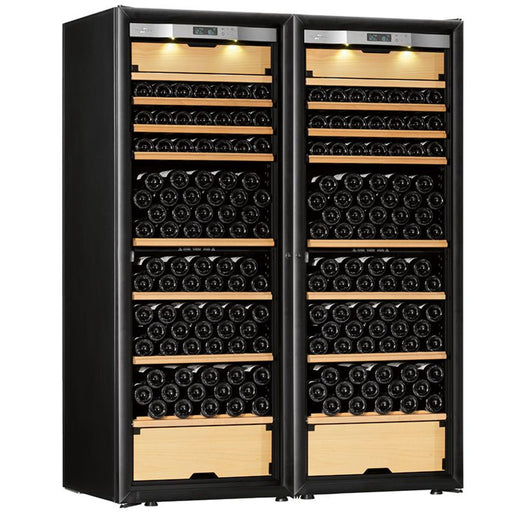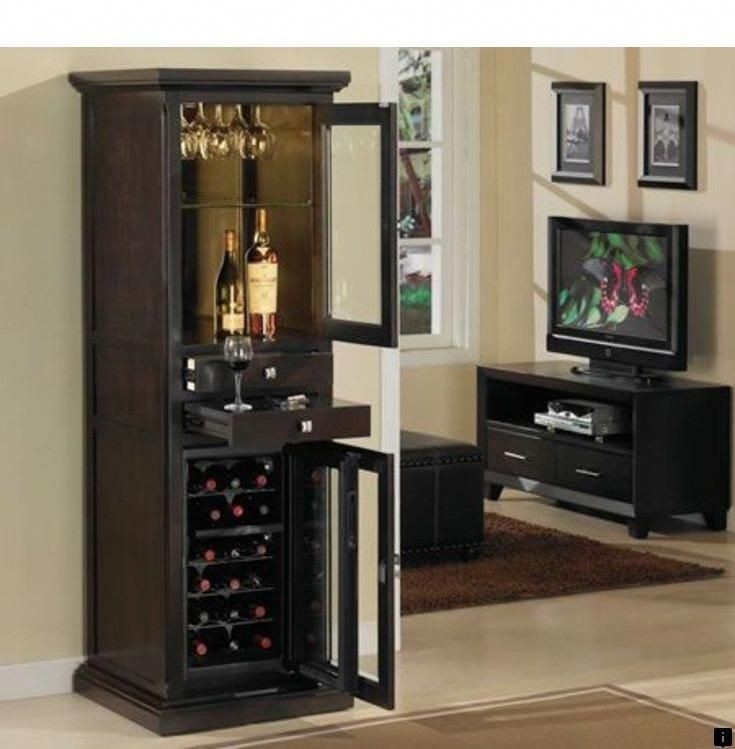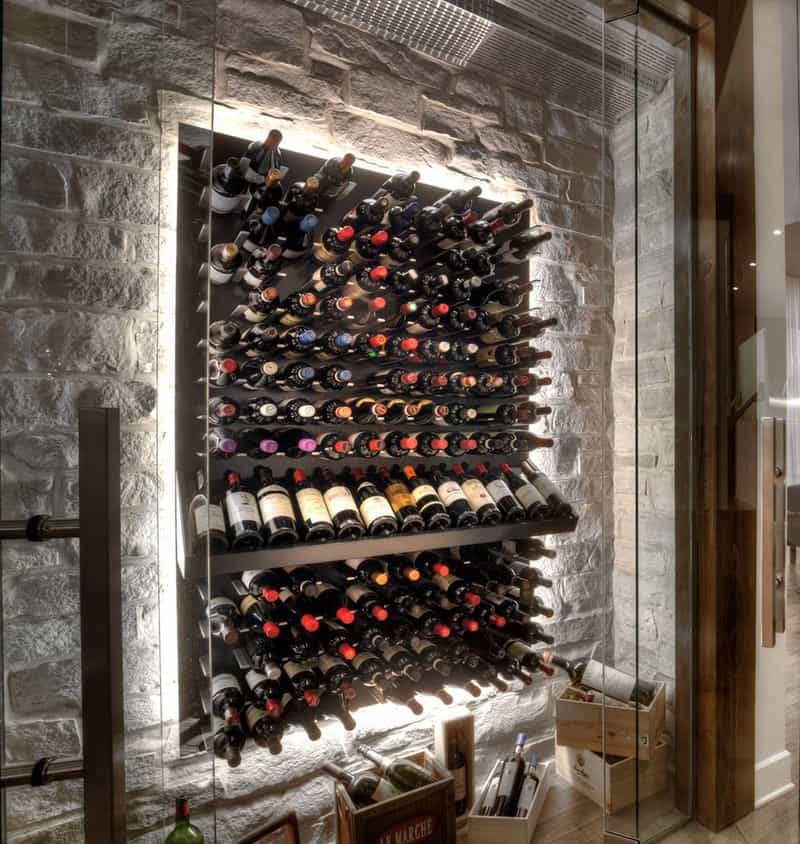When it comes to enjoying your favorite wines, having the right storage is crucial. A decorative wine refrigerator not only preserves your wine at the ideal temperature but also adds a touch of elegance to your home. In this comprehensive guide, we’ll explore everything you need to know about decorative wine refrigerators, helping you find the perfect balance between aesthetics and functionality.
What Is a Decorative Wine Refrigerator?
A decorative wine refrigerator is a specialized cooling unit designed to store wine bottles in optimal conditions while enhancing your home decor. Unlike traditional refrigerators, these units are often sleek, stylish, and available in various designs to fit seamlessly into your living space.
Why You Need a Decorative Wine Refrigerator
Investing in a decorative wine cooler can elevate your wine experience for several reasons:
- Optimal Temperature Control: Keeping wine at the right temperature is essential for maintaining its flavor and aroma.
- Humidity Regulation: Many decorative wine refrigerators have humidity control, which keeps corks in perfect condition.
- Showcase Your Collection: These fridges are often designed with glass doors, allowing you to display your wine collection elegantly.
- Space-Saving Solutions: They come in compact designs to fit in kitchens, dining rooms, or even home theaters.
Key Features to Consider
When choosing a decorative wine refrigerator, here are some critical features to consider:
1. Temperature Zones
Different wines require different storage temperatures. Some wine fridges offer single-zone cooling, while others provide dual or even triple zones. This flexibility allows you to store red and white wines at their ideal temperatures.

2. Size and Capacity
Measure the space where you plan to place the fridge. Decorative wine refrigerators come in various sizes, typically ranging from 12 to 50 bottles or more. Choose one that fits your collection and your home layout.
3. Design and Aesthetics
Since the goal is to enhance your decor, consider the style, color, and finish of the wine fridge. Options include stainless steel, black, or even custom finishes that blend with your kitchen or living area.

4. Noise Levels
Some wine refrigerators can be noisy. Look for models with quieter operation, particularly if you plan to place the fridge in a living area.
5. Energy Efficiency
Opt for a model that consumes less energy to save on electricity bills while being environmentally friendly.

Top Decorative Wine Refrigerators in 2023
| Model | Capacity | Temperature Zones | Noise Level | Price |
|---|---|---|---|---|
| NewAir AW-28100E | 28 Bottles | Single-zone | Quiet | $329 |
| Whynter BWR-1642SD | 16 Bottles | Single-zone | Quiet | $245 |
| EdgeStar CWF340FD | 34 Bottles | Dual-zone | Moderate | $438 |
| Ivation 12 Bottle Thermoelectric Wine Cooler | 12 Bottles | Single-zone | Quiet | $199 |
| Kalamera 24” Wine Cooler | 30 Bottles | Dual-zone | Quiet | $599 |
Pros and Cons of Decorative Wine Refrigerators
Pros
- Enhances your home decor.
- Maintains optimal wine storage conditions.
- Available in various sizes and designs.
- Showcases your wine collection.

Cons
- Can be expensive compared to regular refrigerators.
- Requires regular maintenance for optimal performance.
- May not provide enough capacity for large collections.
How to Choose the Right Decorative Wine Refrigerator
Choosing the right decorative wine fridge involves several steps:

Step 1: Determine Your Needs
Assess how many bottles you currently own or expect to acquire. This will help you decide on the size and capacity requirements.
Step 2: Evaluate Your Space
Take measurements of the designated space and consider the aesthetics of the room. Will the new fridge complement your existing decor?

Step 3: Research Models
Use the information provided in this guide to compare different models. Look for reviews and user testimonials to gain insights into the product’s performance.
Step 4: Set a Budget
Decorative wine refrigerators can range significantly in price. Establishing a budget can help narrow your options and prevent overspending.
Maintenance Tips for Your Decorative Wine Refrigerator
To ensure longevity and optimal performance of your decorative wine fridge, follow these maintenance tips:
- Regular Cleaning: Wipe down the interior and exterior regularly to prevent dust buildup.
- Check the Temperature: Use a thermometer to monitor the internal temperature, adjusting as necessary.
- Humidity Levels: Some models come with humidity displays. Keep an eye on this to ensure the corks remain moist.
- Vacuum the Back: Dust can accumulate in the back of the unit, affecting performance. Vacuum it monthly.
Personal Experience: Finding My Perfect Decorative Wine Refrigerator
When I decided to invest in a decorative wine refrigerator, I was overwhelmed with choices. I envisioned a unit that would not only keep my wine at the perfect temperature but also serve as a conversation starter during gatherings. After much research and careful consideration, I chose a dual-zone model with a sleek stainless steel finish. Not only does it complement my kitchen’s modern aesthetic, but it also effectively stores both my red and white wines at ideal temperatures.
Benefits I Discovered
One of the best aspects of having my wine fridge is the convenience. Whenever I have friends over, I can easily showcase my collection without worrying about the wine being served at the wrong temperature. Moreover, it has prompted me to explore new wines, knowing I have a dedicated space for them.
FAQs About Decorative Wine Refrigerators
1. What is the ideal temperature for storing red and white wine?
Red wine is typically best stored at 55-65°F (13-18°C), while white wine should be kept cooler, usually between 45-50°F (7-10°C).
2. Can I store other beverages in a wine refrigerator?
While it’s primarily designed for wine, you can store other beverages, but be cautious of temperature settings to ensure no damage to the items.
3. Are decorative wine refrigerators energy efficient?
Many modern decorative wine refrigerators are energy-efficient, often featuring energy-saving modes. Always check the energy rating before purchasing.
4. Do wine refrigerators need to be vented?
Most decorative wine fridges are designed to be self-contained and do not require external venting. However, always check the manufacturer’s instructions.
5. How long do wine refrigerators last?
With proper maintenance, a good quality decorative wine refrigerator can last anywhere from 10 to 20 years.
Conclusion
Investing in a decorative wine refrigerator can bring both functionality and style to your home. By considering the key features, comparing top models, and following maintenance tips, you can select the perfect unit that suits your needs and enhances your living space. Cheers to finding the right wine fridge that not only meets your wine storage needs but also beautifully showcases your collection!